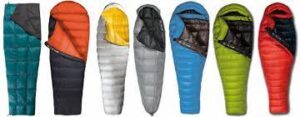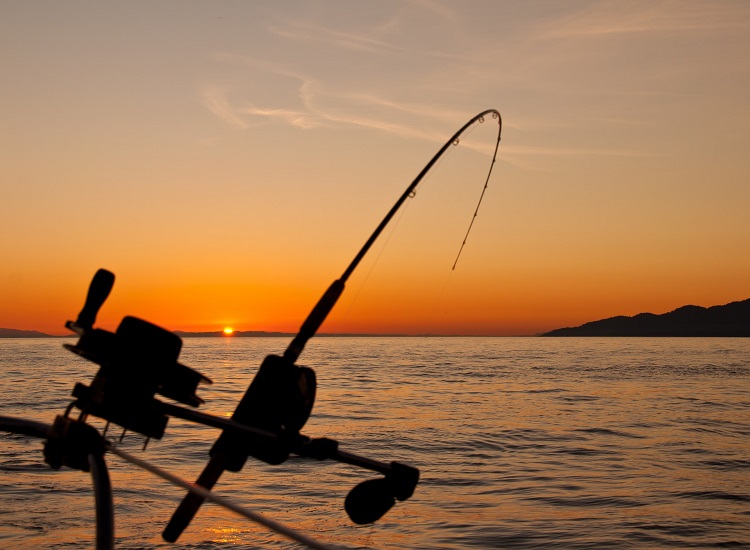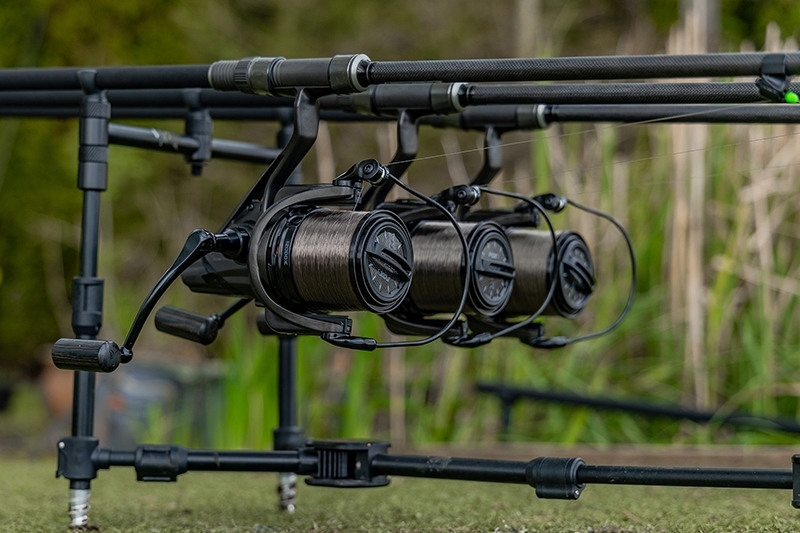Are you planning to go on a fishing trip anytime soon? If yes, then you must know that sleeping bags are an essential item for any successful fishing trip. Not only do they keep you warm and comfortable during chilly nights, but also provide much-needed protection against bugs and other critters. In this blog post, we’ll discuss why investing in a good quality fishing sleeping bag is crucial for your next angling adventure. So sit back, relax, and let’s dive into the world of fishing sleeping bags!
Sleeping bags are essential for a successful fishing trip
When it comes to fishing, sleeping bags are one of the most crucial pieces of gear that you’ll need. They offer a comfortable and warm place to sleep, which is especially important in colder months or during nighttime temperatures.
But aside from providing warmth and comfort, sleeping bags also protect you from various outdoor elements such as bugs, mosquitoes and other insects that can make your night uncomfortable. Sleeping inside a bag will prevent them from getting into your personal space while you get some well-deserved rest after hours of angling.
Moreover, using a sleeping bag allows for better energy conservation on long trips since they keep you warm with minimal insulation loss. Also due to their portability design ,they take up less space than traditional bedding materials like blankets or quilts which makes them ideal for backpackers who want an easy-to-carry solution for overnight camping trips.
Investing in high-quality fishing sleeping bags should be at the top of any angler’s priority list when planning a trip out onto the water. Not only do they provide warmth and comfort but also protection against pesky critters so that you can have a great night’s sleep before hitting those early morning catches!
Types of Sleeping Bags
Choosing the right sleeping bag is crucial for a good night’s sleep during your fishing trip. There are different types of sleeping bags available in the market, each with its unique features and advantages to suit different weather conditions.
The most common type of sleeping bag is the rectangular one, which provides ample space to move around and stretch your legs. It’s also ideal for warm weather camping since it can be unzipped and used as a blanket.
On the other hand, mummy-shaped sleeping bags are perfect for cold weather because they trap heat better due to their snug fit design that hugs closely around your body. They’re also lightweight, making them easy to carry around during your fishing expedition.
Another popular option is a semi-rectangular or hybrid sleeping bag that combines both designs’ benefits by offering more room than mummy-shaped ones but still providing warmth like rectangular shaped bags.
Additionally, there are three-season and four-season sleeping bags designed specifically for varying temperature ranges throughout the year. Three-season models offer insulation suitable for spring, summer, and fall seasons while four-season options provide added warmth necessary for winter camping trips.
Choosing a proper type of fishing sleeping bag depends on various factors such as climate conditions, personal preferences concerning comfort levels or weight restrictions when backpacking into remote areas far from civilization.
How to pick the right sleeping bag

Choosing the right sleeping bag for your fishing trip can be a daunting task. However, it is crucial to pick one that will keep you warm and comfortable all night long. Here are some tips on how to choose the right sleeping bag for your next fishing adventure.
Firstly, consider the temperature rating of the sleeping bag. It is essential to choose a sleeping bag with a temperature rating suitable for the conditions you’ll be facing during your trip. If you’re going camping in extremely cold weather, opt for a 0-degree Fahrenheit or lower rated sleeping bag.
Another factor to consider is size and weight. The weight of your pack matters because as an angler, you have other equipment like rods and reels that need packing too. A lightweight option may suit hikers but not necessarily anglers who need more room and insulation.
It’s also important to evaluate material quality before making a purchase decision. Sleeping bags come in various materials such as down or synthetic fibers which offer different pros and cons; synthetic filling options generally retain their warmth when wet while down-filled options remain warmer overall but are difficult to dry out if they become damp.
Comfort should never be overlooked when selecting a sleeping bag since it can make or break any outdoor experience! Make sure there’s enough space inside so you won’t feel confined while trying to catch some sleep after an adventurous day out on the water!
Tips for using your sleeping bag on a fishing trip
When it comes to using your sleeping bag on a fishing trip, there are a few tips you should keep in mind. First and foremost, make sure you choose the right type of sleeping bag for the weather conditions you’ll be facing. A lightweight summer bag won’t cut it if you’re camping during the winter months.
Next, consider investing in a good quality sleeping pad to provide an extra layer of insulation between yourself and the ground. This will help prevent heat loss and keep you warmer throughout the night.
When setting up your tent, take care to choose a level spot that’s free from rocks or other debris that could damage your sleeping bag. Make sure to properly ventilate your tent as well – condensation can build up inside overnight and leave your gear feeling damp come morning.
Don’t forget about proper maintenance after returning home from your trip. Be sure to air out and clean your sleeping bag according to the manufacturer’s instructions in order to extend its lifespan and ensure maximum comfort on future outings.
Conclusion
A fishing sleeping bag is an essential item for any angler who wants to have a successful trip. It provides warmth, comfort and protection from the elements while allowing you to get a good night’s sleep so that you can wake up refreshed and ready to catch your next big fish.
When choosing a fishing sleeping bag, it is important to consider factors such as temperature ratings, materials used in construction and size. You should also think about how you plan to use the sleeping bag on your trip – will you be backpacking or car camping? These considerations will help ensure that you pick the right sleeping bag for your needs.
Once you have chosen your fishing sleeping bag, make sure that you take care of it properly by following manufacturer guidelines. This will help extend its lifespan and ensure that it continues to provide reliable performance on all of your future trips. With these tips in mind, we hope that this article has been helpful in guiding you towards choosing the best fishing sleeping bag for your next adventure!






